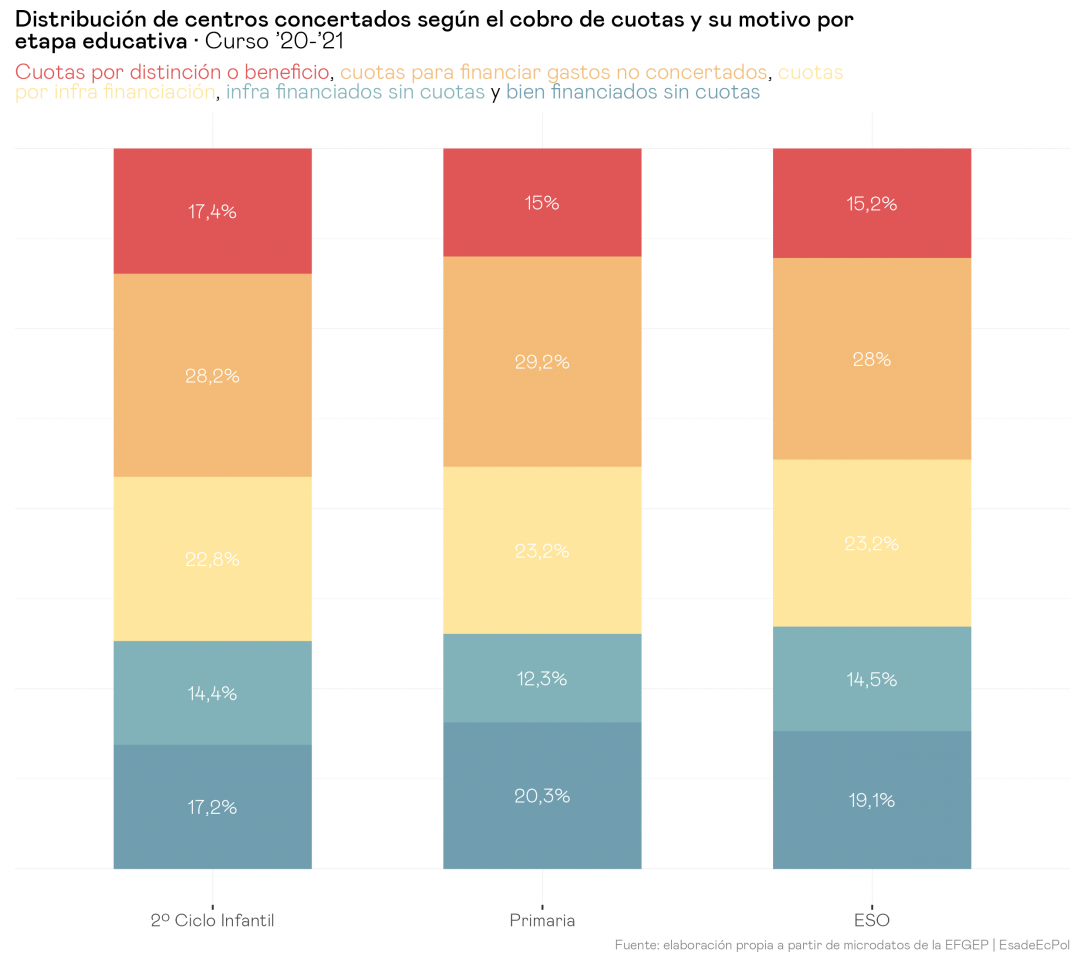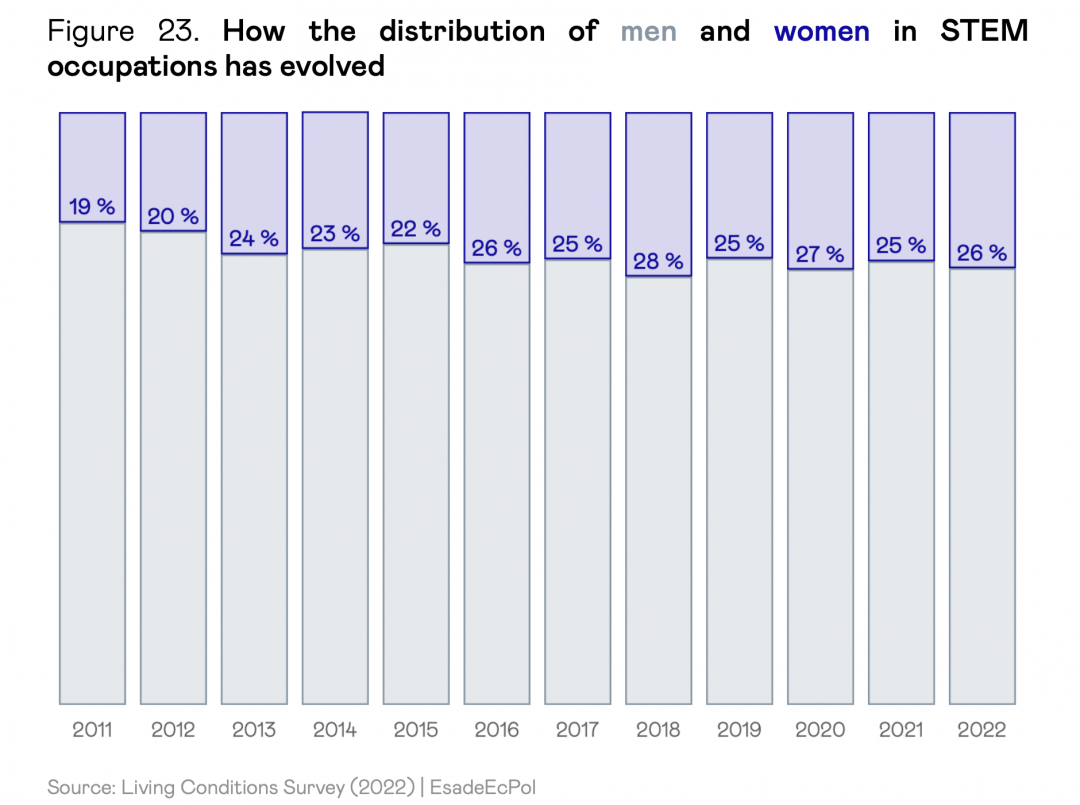
Potential risks and unintended effects of the new EU Digital Markets Act
Carmelo Cennamo, Juan Santaló
16 Feb, 2023
The Digital Markets Act (DMA) is the new flagship European regulation aimed at increasing contestability in digital markets. In the current context on which there is a renewed political will to favor the emergence of European tech champions and secure European economic sovereignty, the DMA may help to establish a more even level-playing field for up-and-coming European businesses.
Our analysis suggests that we should carefully consider potential unintended consequences in four key areas that may hinder its ability to promote the strengthening of emerging innovative platforms.
1. Preventing gatekeepers from restricting access to their platforms, including regulating competition or screening for quality, might paradoxically lead to lower levels of innovation through two mechanisms:
→ If all platforms are required to have the same approach to gatekeeping, it may lead to greater standardization and potentially result in a “winner-take-all” scenario, where the largest platform dominates the market and smaller platforms struggle to differentiate themselves and survive. This could ultimately reduce competition among gatekeepers affected by the DMA for core platform services.
→ In innovation platform ecosystems that provide the core technology for others to build upon and create complementary products, adding more producers to such ecosystems can have a negative effect on innovation, and that competition can reduce incentives for companies to produce high-quality products.
2. The DMA requires platforms to share with third-party business users all data generated through their activity on the platform, trying to ensure that data is portable to other platforms.
→ However, the process of creating new data through novel interactions can be expensive and requires significant investments.
→ Data also need to be transformed and combined with other data to be valuable. As a result, a requirement that forces gatekeepers to make their data available to competitors may reduce their incentives to generate new and valuable data, as it will be harder for them to gain a competitive advantage through data creation. This could have the unintended effect of diluting gatekeepers’ incentives for data creation.
3. Prohibiting gatekeepers from giving their own products or services a better ranking or position on their platform than those of third parties, as the DMA does, might fail to take into account that those platform owners may also introduce their own products or services in order to steer innovation efforts towards certain areas or differentiate their ecosystem in strategic ways. This can lead to increased value for customers and overall innovation within a platform’s ecosystem.
→ In cases where gatekeepers are facing strong competition from other gatekeepers, the benefits of cross-platform competition may outweigh the potential harm of reduced within-platform competition. These tradeoffs should be considered when implementing the DMA.
4. The DMA requires platforms to allow users to choose whether or not to let their data to be processed and to offer a less personalized alternative.
→ The implementation of this policy has the potential to significantly disrupt the targeted advertising market, potentially leading to a shift in revenue from some companies to others. Small and medium sized enterprises (SMEs) that rely on targeted advertising to reach a global audience and differentiate themselves from larger platforms could be negatively impacted, potentially resulting in the further consolidation of the dominant positions of established platforms rather than increased competition and market contestability.


Carmelo Cennamo is a SDA Affiliate Professor of Digital Transformation at SDA Bocconi School of Management. He is Professor of Strategy and Entrepreneurship at Copenhagen Business School.
View profile


